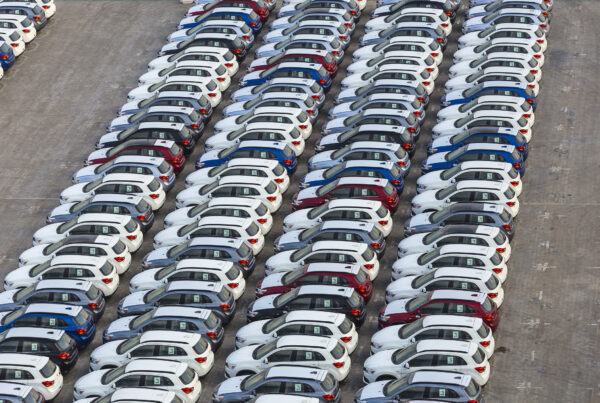The ACT government has announced plans to encourage Canberra drivers to move to electric vehicles, in a bid to become emissions neutral by 2050.
Climate Change and Sustainability Minister Shane Rattenbury and Transport and City Services Minister Meegan Fitzharris today launched the scheme, entitled “Transition to Zero Emissions Vehicles Action Plan”.
Under the new initiative the government has committed to having half of its newly leased government fleet passenger vehicles to be zero-emissions by 2019-2020, and all newly leased government passenger vehicles to be zero emissions by 2020-2021.
“Zero emissions vehicles offer a clean, reliable and smart option for travel in Canberra,” Rattenbury said.
“From 2020 in the ACT, all electricity will be from renewable sources – so using a zero emissions vehicle charged in the ACT will result in no greenhouse gas emissions.”
The new initiatives include:
- At least 50 per cent of all newly leased ACT Government fleet passenger vehicles will be zero emissions vehicles in 2019–20 (where fit for purpose).
- All newly leased ACT Government passenger fleet vehicles will be zero emissions vehicles from 2020–21 (where fit for purpose).
- Amend the Parking and Vehicle Access General Code to require all new multi-unit and mixed-use developments to install vehicle charging infrastructure.
- Work with local and state governments to facilitate the installation of charging stations on major routes to and from Canberra including routes to Sydney and coastal areas.
- Permit zero emissions vehicles to drive in transit lanes until 2023.
- Conduct a feasibility assessment for the installation of covered car parks with solar-powered vehicle charging stations.
- Investigate providing incentives to encourage the use of electric bikes including through more secure bike parking and bike charging stations.
- Amend tax arrangements to allow ACT Government staff to salary sacrifice an electric bike.
- Support new and innovative businesses in the zero emissions vehicles sector to maximise job creation and economic development in the ACT.
- Investigate the potential use of electric vehicle batteries to support the electricity grid at times of peak demand.
- Review parking and traffic regulations to ensure that priorities offered to zero emission vehicles can be enforced; and provide specific zero emissions vehicle number plates for easy identification and enforcement of zero emissions vehicles related regulations (e.g. ensuring only zero emissions vehicles park and charge in allocated spaces for vehicle charging).
The Electric Vehicle Council said the new government purchasing mandate would set a benchmark for other governments to follow and will send a strong market signal to bring more EVs to Australia.
According to Renew Economy, the ACT government car fleet has just 17 battery electric vehicles, and 7 plug-in hybrids, along with eight electric bicycles, and has begun trials of two battery electric buses and one hybrid bus running on diesel, and proposes 20 hydrogen powered fuel cell vehicles over the next two years.
“The uptake of electric vehicles in the ACT is not only required to deliver on the territory’s emission reduction targets, but it will also reduce the cost of transportation for residents,” said council president Behyad Jafari.
“The uptake of electric vehicles also presents great opportunities for the development of new businesses and jobs in Australia.”
Behyad Jafari will be one of the 50+ speakers at the upcoming 2018 Fleet Conference and Exhibition in Melbourne on May 17 and 18.


















